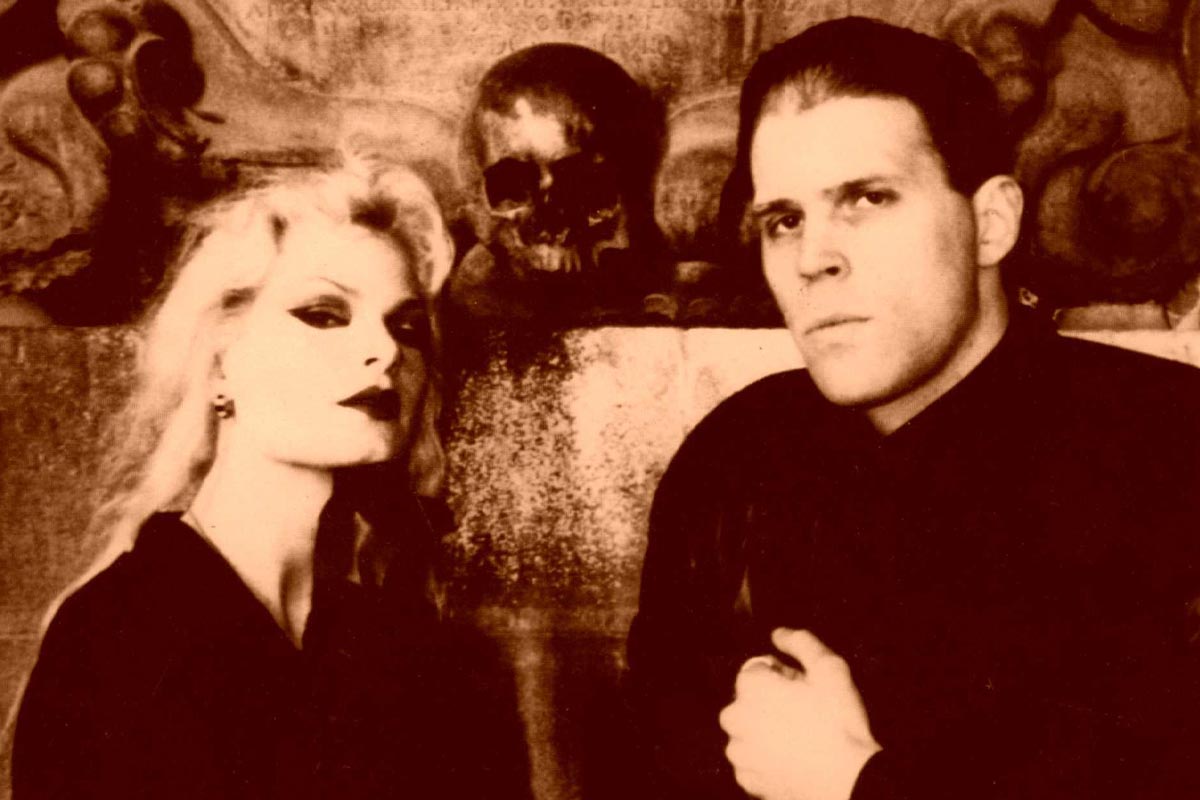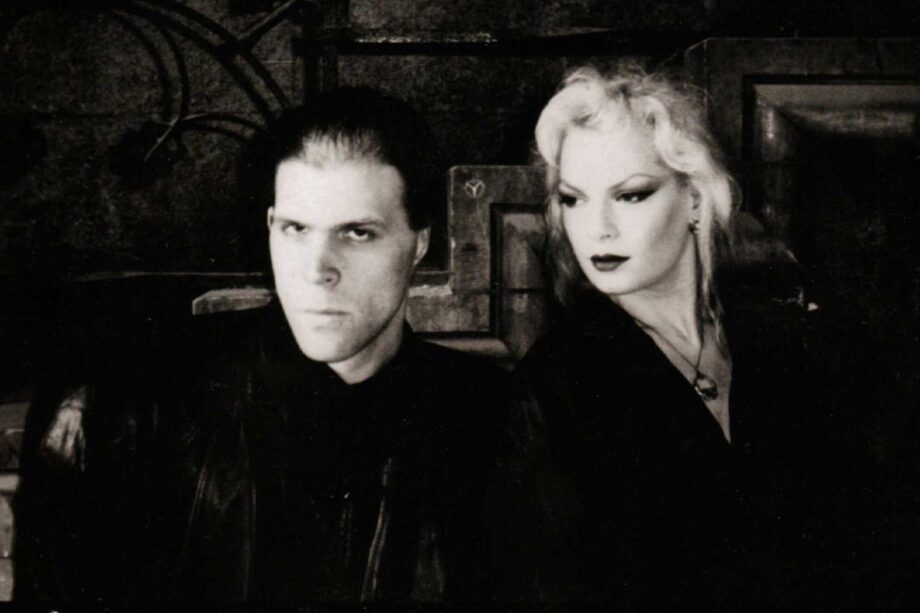Radio Werewolf was one of the most talked-about underground bands in the gothic and industrial scene of the 1980s. Their theatrical performances, occult themes, and provocative imagery got them plenty of attention—but also a lot of criticism. Over time, they faded from the public eye, and today, most of their music is nowhere to be found on streaming platforms. So what was the deal with them?
The Controversy Got Out Of Hand

Radio Werewolf formed in Los Angeles in 1984 with Nikolas Schreck, Evil Wilhelm, James ‘Filth’ Collord, and Nathan Pino. They became known for their ‘Radio Werewolf Youth Rallies’—live shows that blended music with occult-style theatrics. These performances, held at venues like The Whisky a Go Go and The Roxy, attracted a dedicated but controversial fan base.
Their music played with themes of horror, mysticism, and history, but some of their songs and imagery sparked backlash. Tracks like ‘Triumph of the Will’ and ‘Strength Through Joy’ referenced Nazi propaganda, leading to accusations of fascist messaging. Schreck later claimed these were meant to be satirical or ironic, but the controversy stuck.
The band also got pulled into media discussions about Satanism. Schreck and later member Zeena Schreck (daughter of Church of Satan founder Anton LaVey) appeared in TV specials and interviews during the ‘Satanic Panic’ of the late ’80s. Their segment on Geraldo Rivera’s ‘Exposing Satan’s Underground’ only added to their reputation.
How Things Played Out

In 1988, Evil Wilhelm left the band, reportedly because he was uncomfortable with how certain groups were interpreting their imagery. After that, Schreck continued Radio Werewolf as a solo project, with Zeena officially joining as co-director. The band’s sound shifted to a more ritualistic and ambient style, as heard on albums like ‘The Fiery Summons’ (1989) and ‘Songs for the End of the World.’
In the early ’90s, Radio Werewolf moved to Europe, where they found a following in Germany and Austria. Their final live performance was in Zurich in 1991, and by 1993, the band was officially done. The Schrecks went on to explore occult and religious work, eventually leaving their Satanic ties behind and adopting Buddhism.
Why Did Radio Werewolf Disappear From Spotify?
Even though they made an impact on underground music, finding Radio Werewolf’s catalog today isn’t easy. Only two of their songs remain on Spotify, while the rest have been taken down. Spotify hasn’t given an official reason, but it’s likely due to the band’s controversial past, including connections to fascist imagery and Satanic themes.
Streaming platforms have been cracking down on content linked to hate speech or extremist ideologies. Even though Schreck has distanced himself from his past views, the band’s early work still carries its history.





